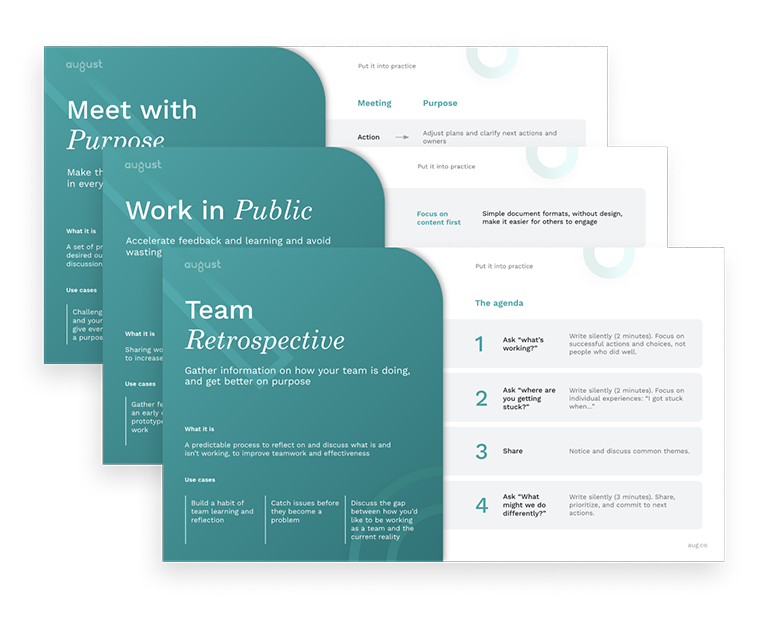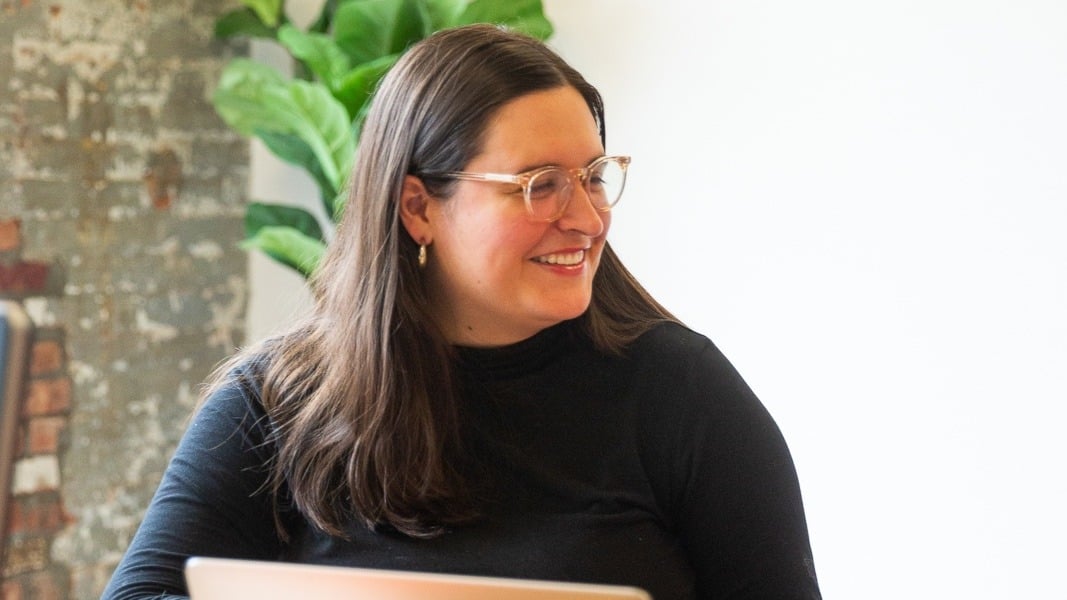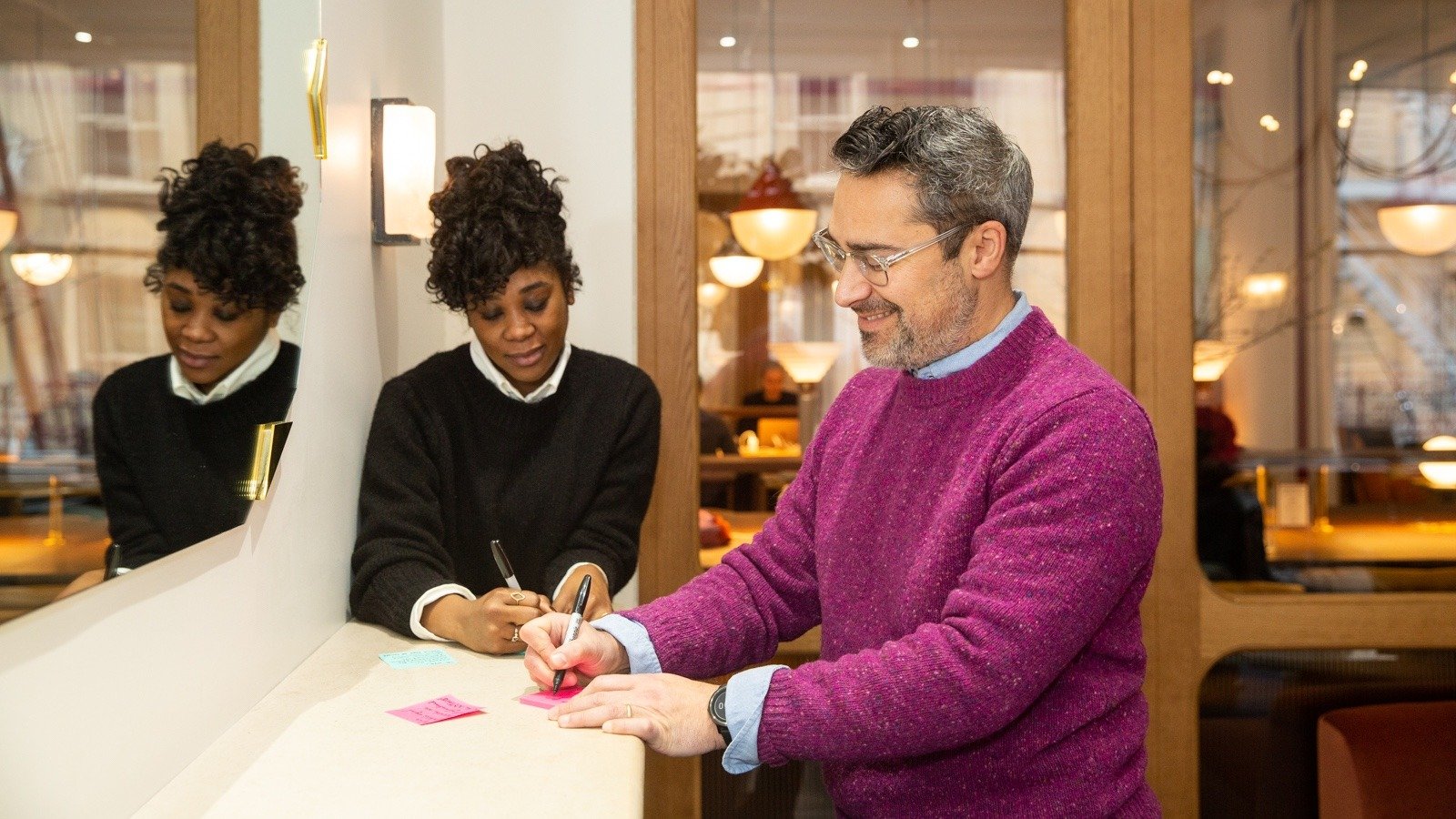Published November 5, 2017 | Updated August 14, 2024 | 7 minute read
Reflections on the first convening of the August Men’s Ally group
August is a roles-based organization, which means that instead of singular job titles, each Member holds a number of “Roles” at any given time. We recently audited the Roles at August to check for any biases towards certain demographics. Here’s what stood out: there are 61% women in our organization, but 72% of Scribe Roles and 80% of Facilitator Roles are held by women. The Scribe is a primarily administrative, secretarial role; responsibilities include scheduling meetings and taking notes. It is the Facilitator’s responsibility to manage the process of meetings, allowing other team members to concentrate on the content of that discussion. These particular roles at August are chosen by election. The data suggests to me that we have an unconscious bias to assign secretarial and administrative roles bias towards the women in our organization.
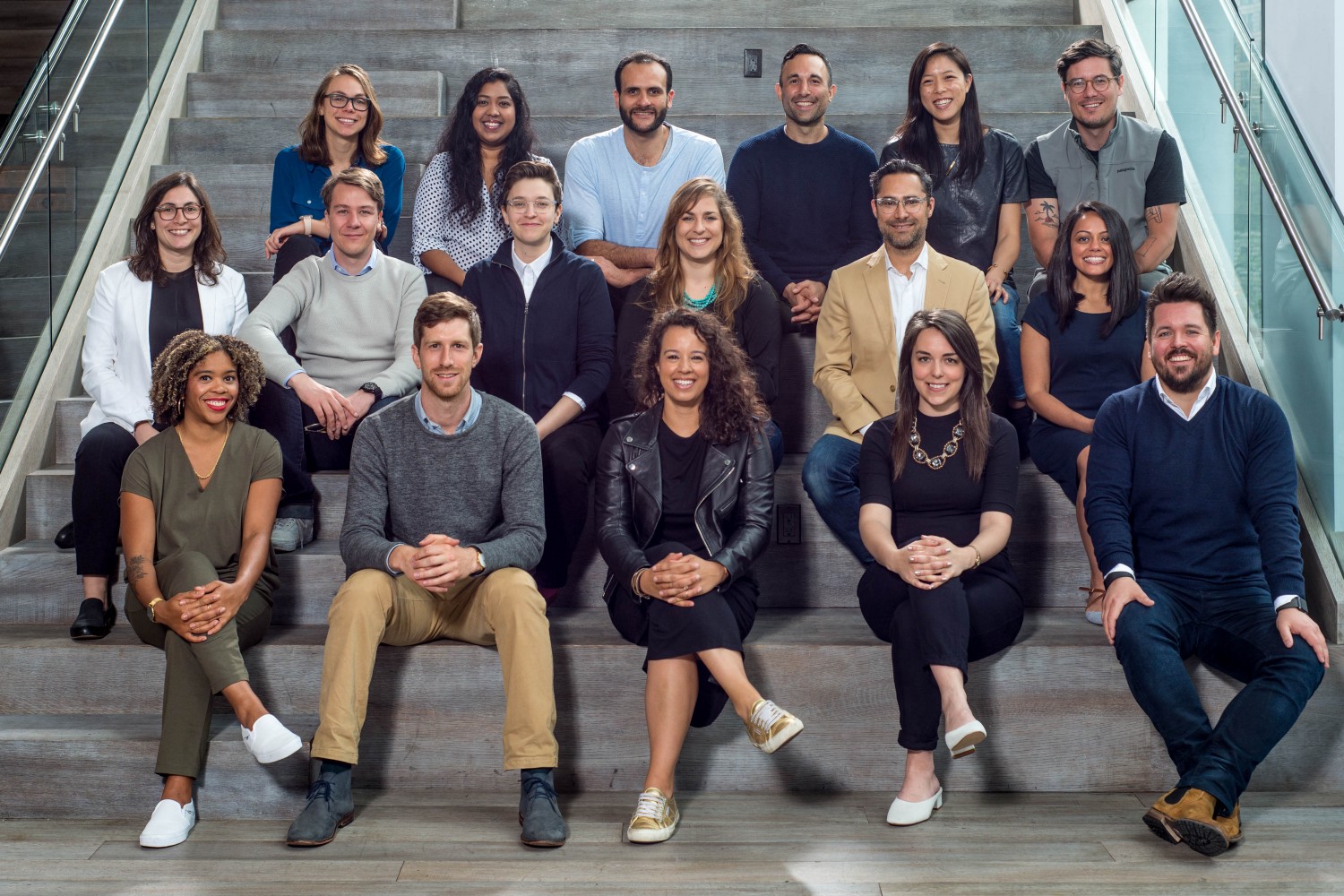
Equity is a core value at August: we hire explicitly for diversity, we believe that diversity is essential to high-functioning teams and we have meetings, roles, purposes and offerings absolutely focused on Equality, Diversity and Inclusion. Why then, do secretarial and administration roles still bias towards women? And if this is happening in our organization, what hope is there for the organizations we work with who aren’t even yet talking about this? As with many things, the first step is recognition. The second is actually doing something about it.
Even before this data surfaced, we became aware of the need to start a Men’s Ally Group at August, and had our first session this week. All the men at August convened with two external facilitators (also men) to discuss “Undoing Patriarchy and Unveiling The Sacred Masculine”. Those at August who identify as women were explicitly NOT invited, and not even allowed in the Slack channel where we co-ordinated the session. This is worth mentioning because it is a rarity at August. In accordance with our Guiding Principle of “Default To Open”, there are very few private meetings at August and definitely no private Slack channels.
We closed this conversation for two reasons: Firstly, as allies, it is important to educate ourselves in the systems of oppression. It it not the responsibility of the oppressed to explain their struggle to the oppressor; they have more pressing matters to attend to. Secondly, confronting internalized superiority will always be uncomfortable and require vulnerability and we may need to ask embarrassing questions or share uncomfortable stories of our own experiences, and we need a safe space to do so.
So we met to discuss and share perspectives on Patriarchy. To preserve the circle of trust I am not going to share individual contributions here, but I did want to share why the men at August think this is important for us, specifically as organizational designers.
— — — — — — — — — —
In one of my first weeks at August, someone described our internal org structure to me as “still hierarchical, just a hierarchy that we’ve all agreed to”. We believe that non-consensual hierarchical structures in institutions are at best ineffective, and can be physically and emotionally damaging. At an extreme end, hierarchies of position and power enable men to violate the rights of women, without fear of recrimination. It is an aim of our work to empower individuals to be autonomous in their work and in so doing promote joy and engagement. In cases where hierarchies limit the possibility of this, we seek to reconsider the way that the organization has been structured. If this is our aim, then it is on us to examine all hierarchies that limit human potential, not just those present in a business context but in the social-political context as well.
We believe in the power of teams of people working together, and that if these teams do not embrace each other and set themselves up for all members to succeed then there is a mass of untapped potential in what we could accomplish together. We purposefully develop the way that folks relate to each other to ensure that there is mutual trust and respect. We bring practices that ensure all voices are heard equally and in doing so strive to dismantle our systems of control that prevent innovation and psychological safety.
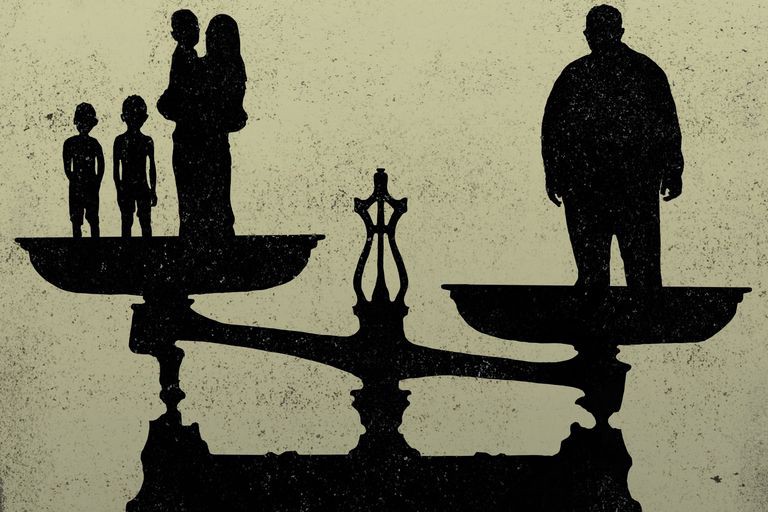
As organisation designers we are in a rare position of influence on institutional structures, and with great power comes great responsibility. If we aren’t actively dismantling patriarchy, we are reinforcing it, or at the very least complicit. To paraphrase my colleague Mike Arauz, we are working inside the institutions that define our society, for better and worse. Our work makes them better and more effective at doing what they’re trying to do. If we don’t talk about history, culture and patriarchy, then we’re only going to create more effective patriarchal organizations.
— — — — — — — — — — — —
The reasons above relate to our client work and to our offering, and I assumed that this is what we would discuss in our session. However, our facilitators encouraged us to focus first on patriarchy’s relationship to us as individuals, to us as employees at August and to August as an organization. Long term, we know we cannot be effective at our client work if we do not figure this out. But, today this conversation starts with the I.
I was surprised to realize that patriarchy inhibits everyone, including men. Patriarchy obstructs the expression of a positive masculine identity (one available to everyone along the gender spectrum) that our facilitators Jozen & Cameron refer to as “the sacred masculine”. There isn’t much writing on this concept, because it’s still being figured out but this is the working definition thus far:
“The sacred masculine is embodied, encouraging, and honors the humanity of all beings, places and things. The sacred masculine is a dynamic energy that is fearless, honest, loving, generous, and relaxed — prioritizing love and the practice of love. Its true strength is revealed in connection with community rather than in the loneliness of domination; in closeness and comradeship rather than callousness and competition. It supports and protects the still nature of the Earth and radical self-care offered by the sacred feminine.”
Compare this to Bell Hooks’ definition of Patriarchy:
“Patriarchy is a political-social system that insists that males are inherently dominating, superior to everything and everyone deemed weak, especially females, and endowed with the right to dominate and rule over the weak and to maintain that dominance through various forms of psychological terrorism and violence.”
So in our first session we had conversation about patriarchy and the “sacred masculine”, and laying a foundation of shared basic knowledge and language to help us begin the work of undoing patriarchy.
We talked about what patriarchy expects of us, i.e. what are the behaviors and traits that we and other men feel are expected of them in order to be “men” in a patriarchal world? We explored the positive aspects of masculinity that we want to keep and share with others (men and women.) We shared some memories and examples of how patriarchy has affected our lives, whether experienced with our families or in the workplace. We explored memories and examples of the sacred masculine that we’ve experienced personally. We closed out with an exploration of what we might do to bring this practice to life, both for us as individuals, and together as August.
In case you’re interested, my personal next steps are to read The Will To Change, and to notice and take action when administrative or traditionally gendered roles default to women, both at home and at work.
Patriarchy and its discontents are not August’s only blind spot (not by a long way) but patriarchy is a large one, and this week we actually started to do something about it.
— — — — — — — — — — — —
Claps are appreciated! For more on Agile, org design and teaming, please hit follow above and/or on Twitter
Interested in what it means to be an ally for women? Afraid to ask? Go hang out with Cameron and Jozen on Sunday, Dec. 17 at 10am at the Brooklyn Zen Centre, a couple blocks from August HQ.
Looking for reading material? Check out The Will to Change by Bell Hooks
Thanks to Mike Arauz.
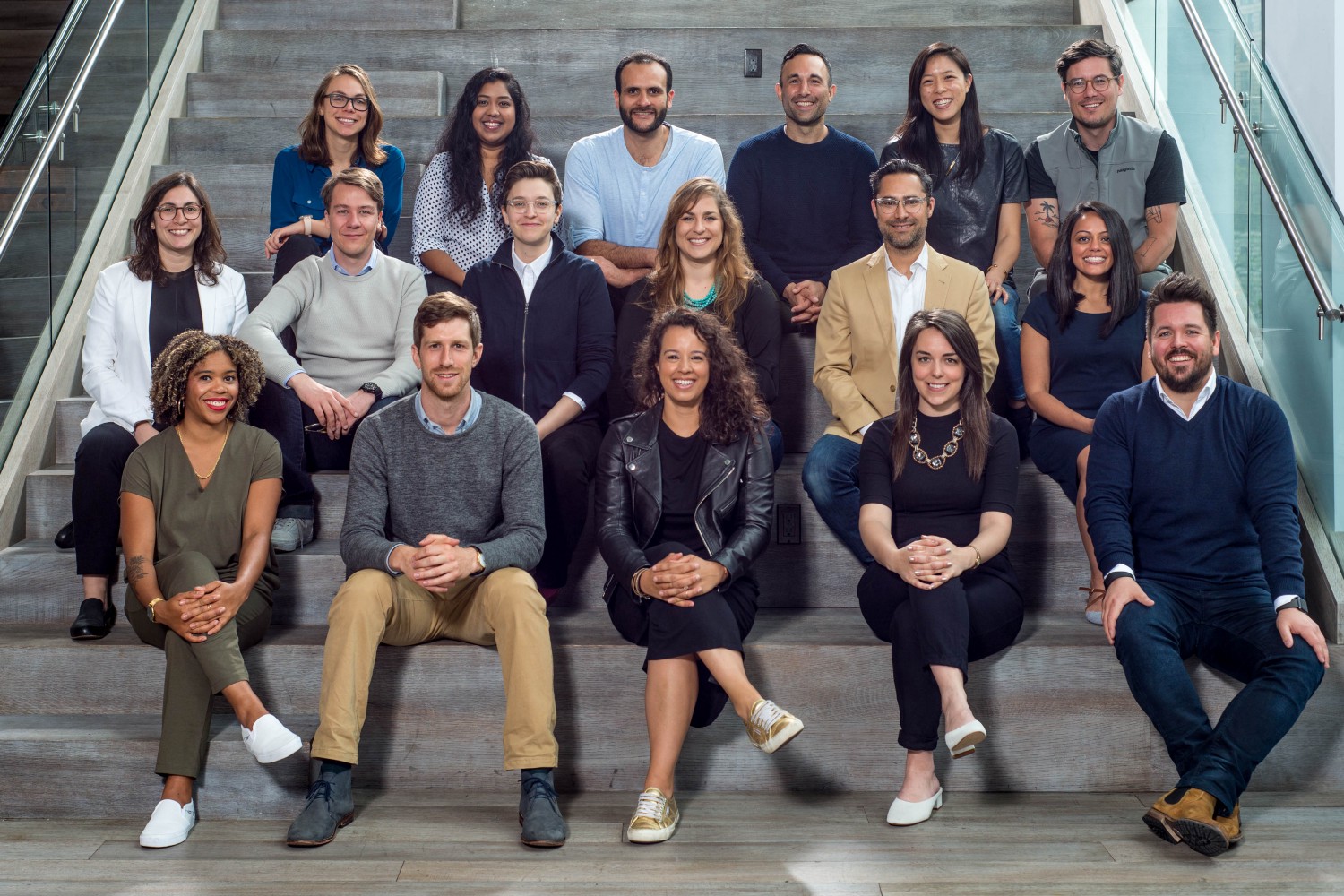
.jpg)


